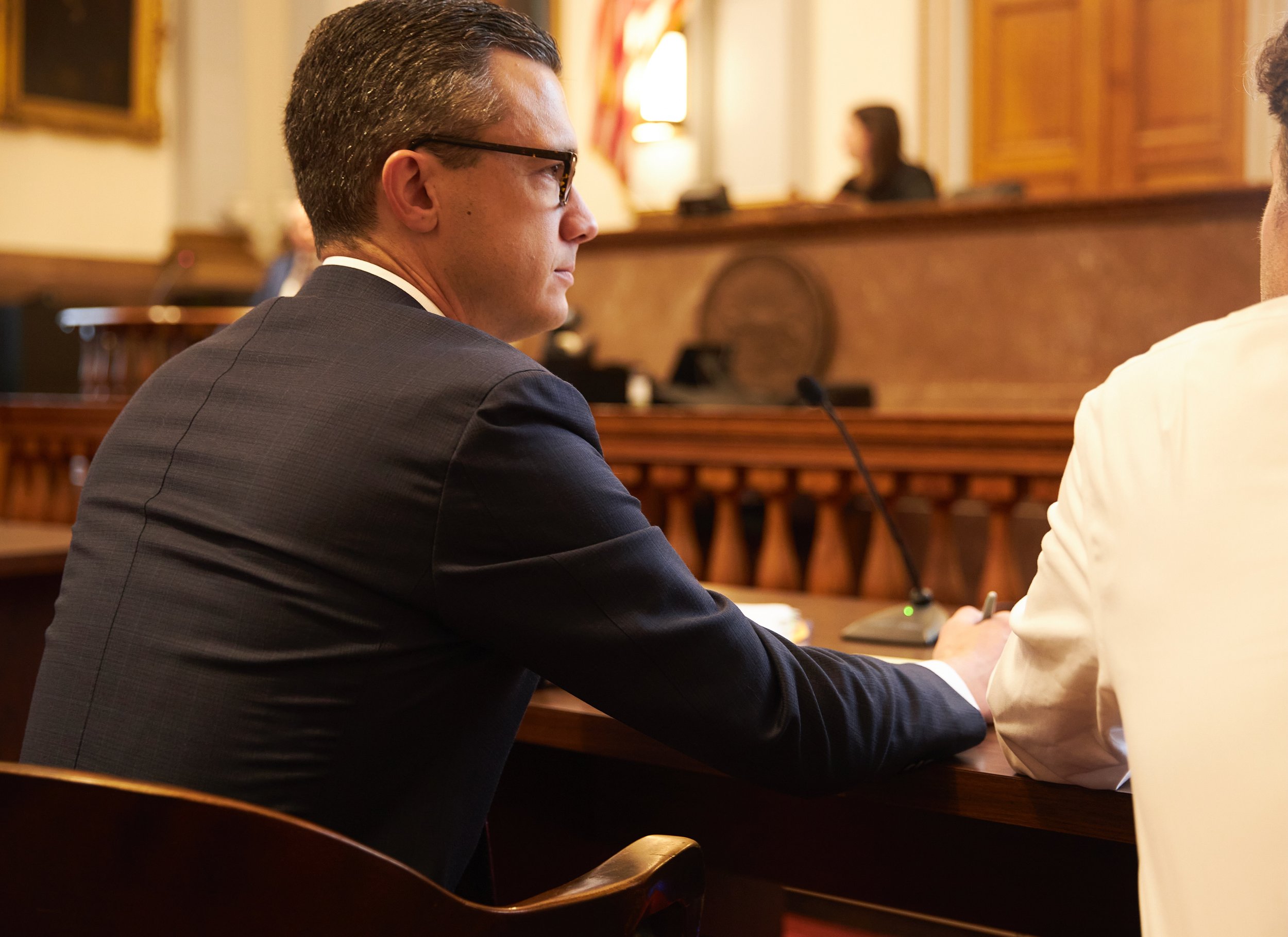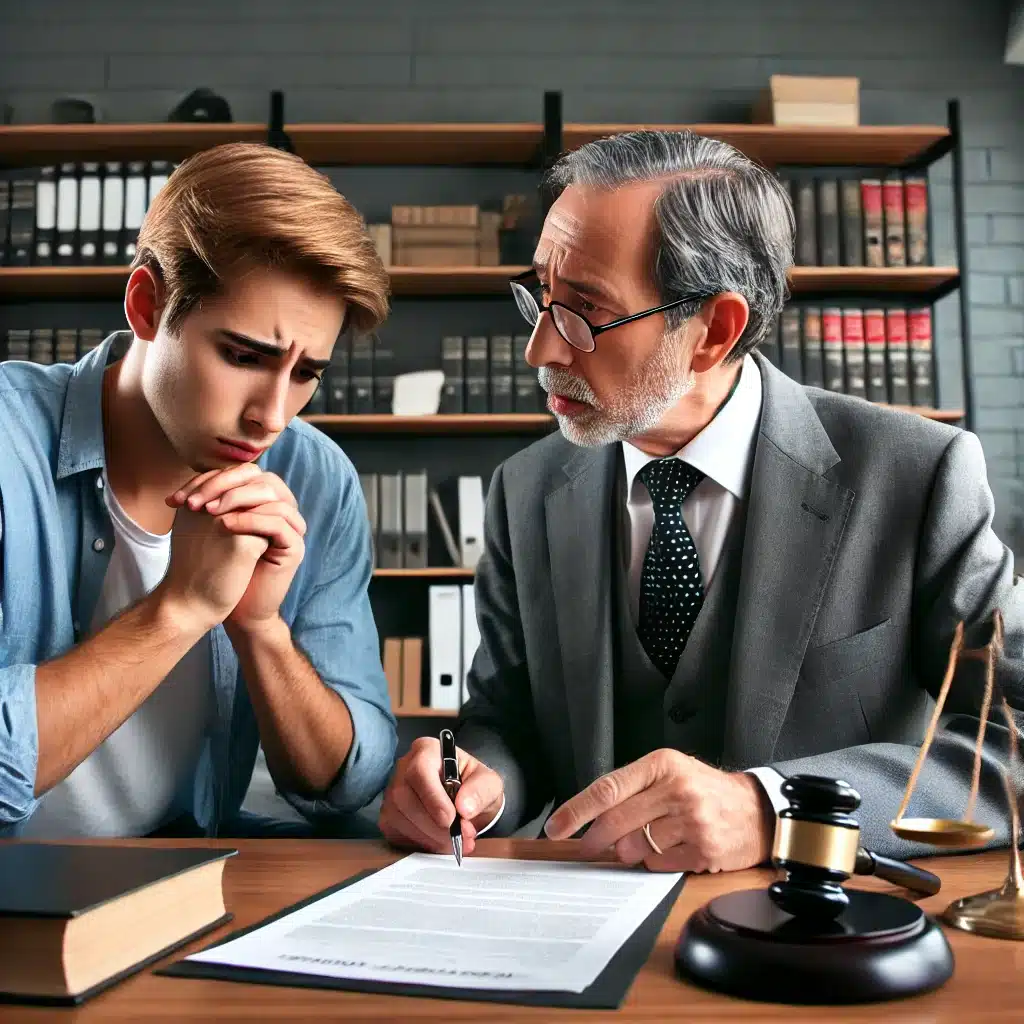How a Lawyer Can Help with Your Habeas Corpus Request
How a Lawyer Can Help with Your Habeas Corpus Request
Blog Article
Recognizing the Role of a Post-Conviction Legal Representative in Seeking Justice After a Criminal Conviction
In the facility landscape of post-conviction legal procedures, the role of a post-conviction lawyer is essential in browsing the course to justice after a criminal sentence. Beyond the boundaries of a trial, these lawyers participate in a diverse strategy focused on discovering brand-new evidence, difficult legal mistakes, and advocating for their clients' rights. The details of post-conviction work require a mix of legal acumen, investigative skills, and strategic believing to unravel the complexities of a case and pursue opportunities that might have been neglected or underexplored. As the quest of justice prolongs beyond the boundaries of preliminary process, the role of a post-conviction lawyer becomes a beacon of hope for those looking for to fix oppressions and recover their civil liberties within the legal system.
Post-Conviction Legal representative's Investigatory Work
Post-conviction lawyers involve in precise investigatory job to uncover brand-new evidence, step-by-step errors, or transgression that can possibly bring about overturning a sentence. This investigatory stage is critical in the post-conviction procedure as it intends to determine any kind of forgotten details or lawful errors that may have affected the outcome of the first test. Post-conviction lawyers dive into instance documents, witness testimonies, and legal paperwork with a fine-tooth comb, looking for any kind of disparities or abnormalities that can be premises for appeal.
Via detailed examination, post-conviction legal representatives intend to clarify potential oppressions that may have happened during the initial test. They might perform interviews, talk to specialists, and review forensic proof to build a compelling situation for their clients. By scrutinizing every aspect of the lawful procedures, post-conviction attorneys function relentlessly to discover any kind of factors that may have affected the judgment. Eventually, their investigative work plays a critical role in the pursuit of justice and the potential reversal of wrongful sentences.
Crafting Appeals and Petitions
In the quest of justice after a sentence, skilled legal representatives carefully craft appeals and requests to existing compelling debates for the reconsideration of legal choices. Crafting appeals and applications requires a deep understanding of the lawful system, attention to information, and tactical reasoning. Post-conviction lawyers assess trial documents, identify potential errors or offenses of rights, and establish lawful arguments to challenge the conviction or sentence.
When crafting a charm, legal representatives concentrate on highlighting legal errors that may have influenced the end result of the situation. They investigate situation regulation, statutes, and legal precedents to sustain their debates. Petitions, on the other hand, may include offering brand-new evidence that was not available during the trial or showing modifications in the legislation that require a review of the sentence.
In addition, post-conviction legal representatives must comply with stringent step-by-step regulations and target dates when filing charms and requests. They should present their arguments plainly and persuasively to encourage the court to provide alleviation to their clients. Via careful crafting of charms and requests, post-conviction attorneys make every effort to secure justice for individuals that have been wrongfully convicted or unfairly sentenced.

Pursuing Post-Conviction Relief
Post-conviction alleviation encompasses a range of legal systems created to challenge the legitimacy of a conviction or sentence. Post-conviction lawyers play a crucial role in browsing these complex treatments, making certain that all legal options are discovered to fix injustices that may have happened throughout the test or sentencing stage.
One usual type of post-conviction relief is submitting a petition for post-conviction alleviation, usually based on cases of inefficient support of counsel, prosecutorial misbehavior, recently uncovered proof, or constitutional offenses. Experienced post-conviction legal representatives possess the skills and expertise required to recognize feasible lawful claims, perform examinations, and present compelling debates to protect alleviation for their clients.
Using Forensic Proof
When challenging a conviction or sentence, the calculated utilization of forensic proof can be a powerful device in post-conviction lawful proceedings. Forensic evidence includes a wide variety of scientific strategies used to investigate criminal offenses and establish facts in court. Post-conviction legal representatives can leverage forensic evidence to challenge the credibility of sentences by providing brand-new clinical findings that were not offered during the original trial.

Taking Part In Sentence Modifications
Post-conviction legal representatives may discover the possibility of sentence adjustments as a legal opportunity to resolve disproportionate or unfair sentences passed on in criminal cases. Sentence adjustments entail looking for adjustments to the terms of an accused's sentence after a sentence has actually occurred. These alterations can include minimizing the size of a sentence, altering the sort of punishment imposed, or discovering different sentencing options.
Post-conviction attorneys can pursue sentence modifications through numerous legal mechanisms, such as submitting activities here are the findings for sentence reduction, appealing for compassionate launch, or discussing plea bargains for reduced sentences. They have to meticulously assess the conditions of the situation, assess the lawful grounds for seeking a modification, and existing engaging debates to the court sustaining the need for a modified sentence.
Participating in sentence adjustments requires an extensive understanding of criminal legislation, punishing guidelines, and the certain procedures associated with looking for post-conviction relief. Post-conviction lawyers play a crucial function in advocating for fair and simply results by difficult sentences that are unduly harsh or do not straighten with the principles of justice.
Conclusion
To conclude, the role of a post-conviction lawyer is vital in seeking justice after a criminal conviction. With investigatory work, crafting appeals and requests, pursuing post-conviction alleviation, using forensic proof, and taking part in sentence alterations, these legal experts play a vital role in promoting for their clients and making certain that their rights are maintained within the criminal justice system. Their devotion and expertise are important in navigating the complexities of post-conviction proceedings and attaining a reasonable end result for individuals dealing with criminal convictions.
Report this page